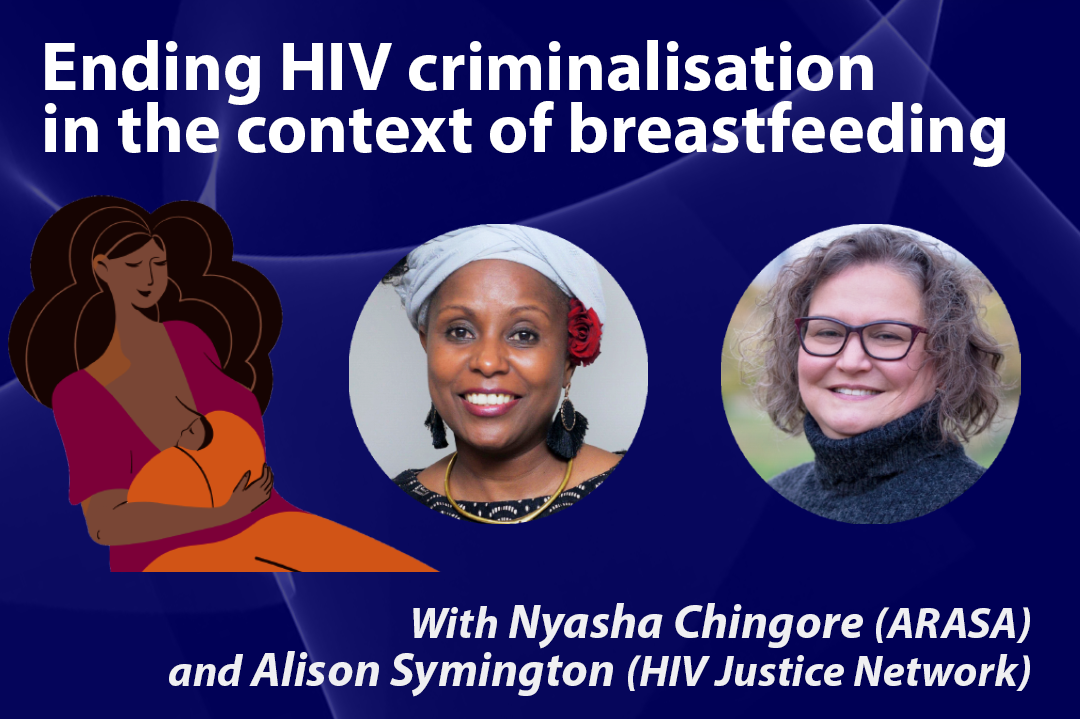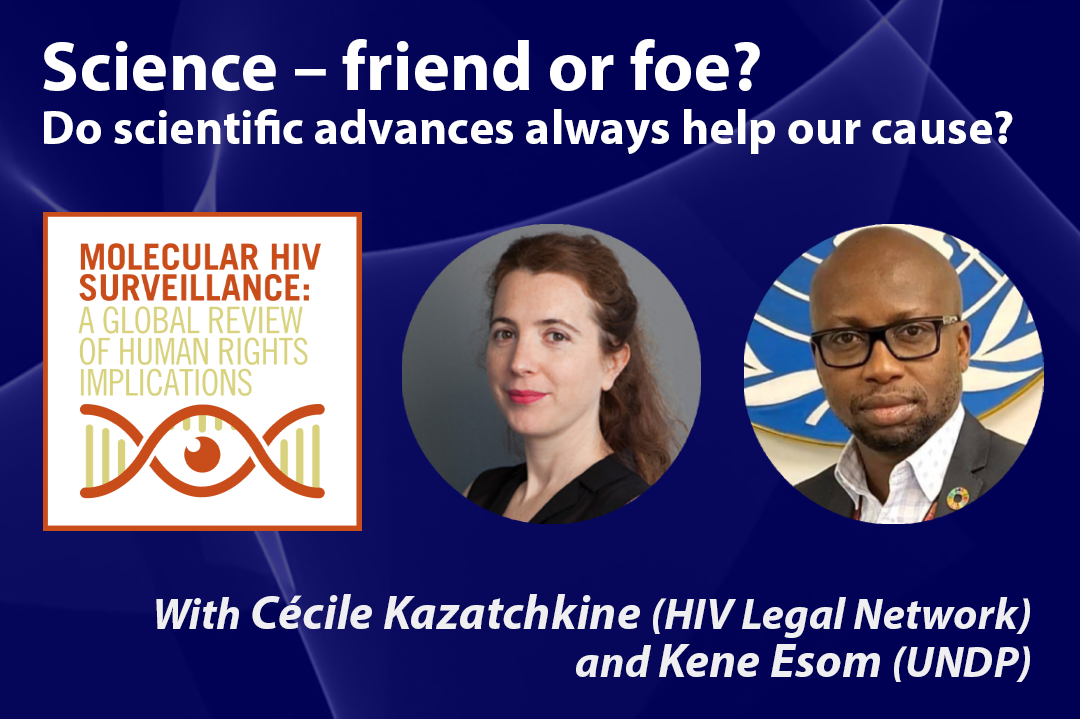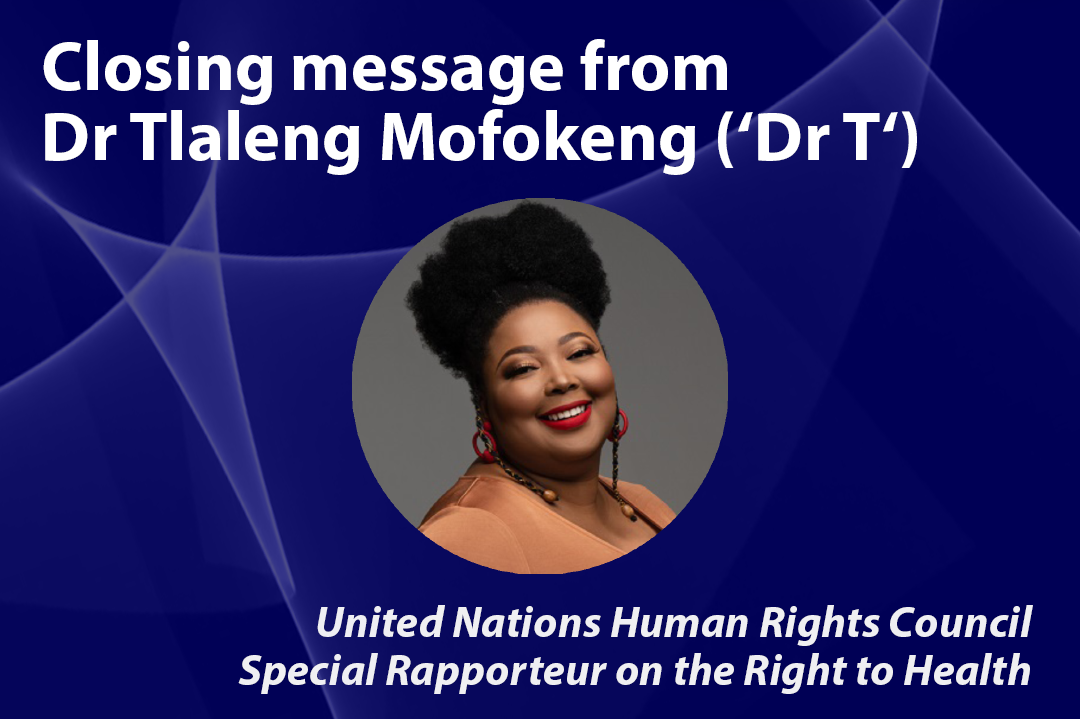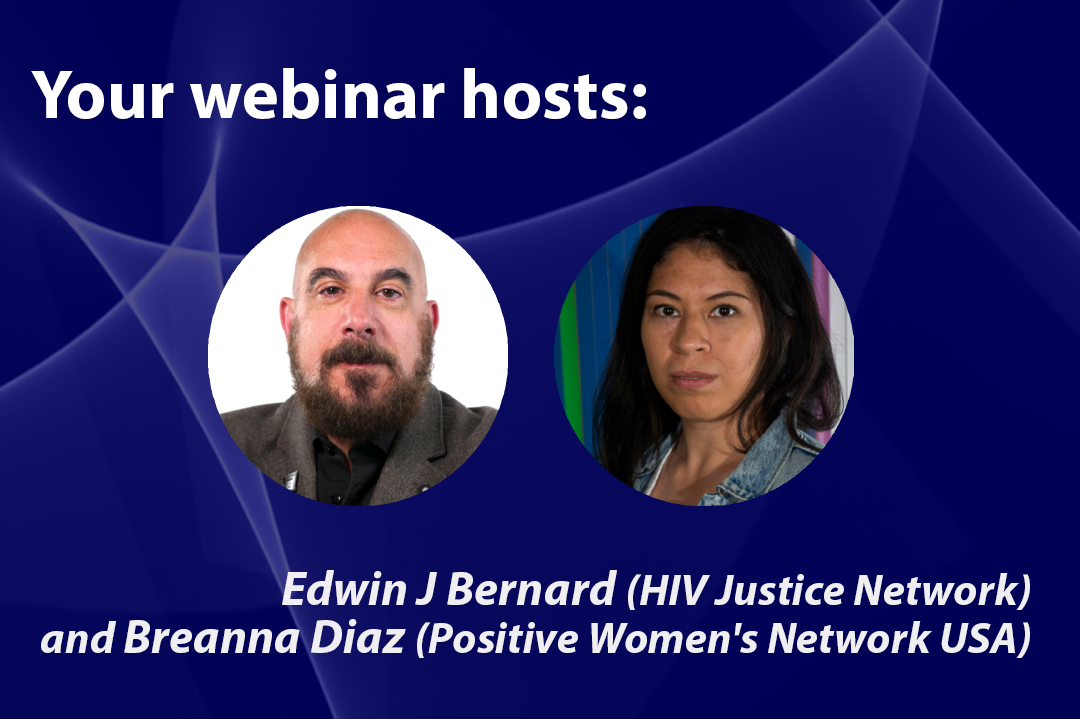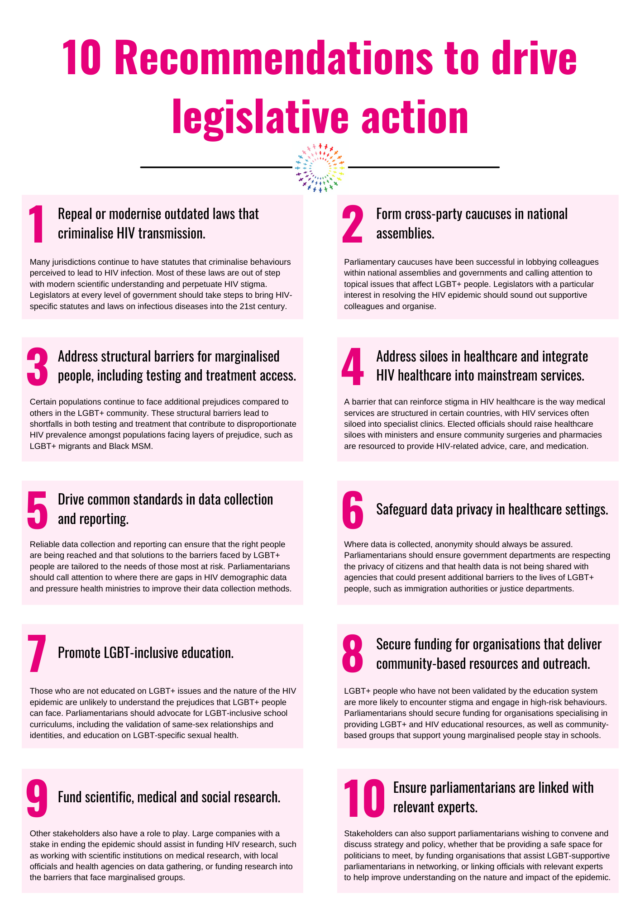Automated translation via Deepl. For original article in Portuguese, please scroll down.
FGV Law Group and NGO want to act in a lawsuit against the Air Force
A group from FGV Direito and another that campaigns on behalf of people living with HIV requested on Tuesday (30) from the TRF (Federal Regional Court) of the 2nd region, in Rio de Janeiro, their permission to file an amicus curiae (friend of the court) in a lawsuit against the Armed Forces for discrimination against people living with HIV.
Although Brazilian law condemns any form of prejudice and discrimination against HIV-positive people, the Armed Forces require an HIV test and, if the result is positive, prevents the person from entering the military.
However, there is ample scientific evidence showing that people with HIV may not develop the disease if they are under treatment. Many even have undetectable viral loads for years, which means that they do not transmit the virus.
The lawsuit that motivated the action of the two entities is in progress since 2018 and is brought by a business administrator from Rio de Janeiro who was barred from entry-level competition in the Air Force for being a person living with HIV. “Unfit for purpose”, says the medical report of the Air Force.
Seropositive for 11 years, he has always worked in administrative activities, has proof of full physical and mental health and is being treated with antiretroviral drugs, in addition to clinical follow-up.
Through an injunction, Silva joined the Air Force, but six months later, in the first internal competition, he had his promotion to second lieutenant annulled and was excluded from the Armed Forces. He appealed the decision in the TRF, and the appeal has not yet been judged.
It was almost an ambush. It is evident that the same thing would happen [a positive result for HIV],” says lawyer Eloisa Machado, professor of the Strategic Litigation of Human Rights Clinic at FGV Law in São Paulo, who filed the amicus curiae request together with GIV (Life Incentive Group).
The friend of the court is a process in Brazilian law that guarantees the participation of public agencies and civil society entities in judicial proceedings. The action is based on manifestations on controversial issues or those requiring technical knowledge for analysis. The FGV students studied the suit for six months, according to Machado.
For the lawyer, competition edicts and internal military norms attribute to people living with HIV a definitive incapacity, preventing not only entry into the Armed Forces but also eventual promotions of people who contracted the virus after being admitted.
“Our attempt [as amicus curiae] is perhaps to reverse this latest area of formal discrimination against people living with HIV,” Machado says.
According to her, a revision of the statute in the Armed Forces is necessary, since a positive diagnosis of the HIV virus solely does not mean inability to exercise any functions.
The mathematics professor from USP Jorge Beloqui, from GIV, reinforces that, without this updating of the rules, more cases of discrimination, without any scientific basis, will continue to occur.
For him, the consequences of discrimination at work on a person living with HIV go beyond an isolated case and end up affecting all HIV-positive people.
Although criticised, this attitude from the Air Force is not illegal. In previous positions on the subject, the technical advisory of the Ministry of Defense reported that, by law, the Armed Forces have “autonomy to decide not to accept candidates who present some kind of debilitation that prevents them from exercising their positions”.
Private companies and other public institutions, on the other hand, are prohibited from asking for an HIV test for job applicants. Law No. 11,199/2002 considers that it is discrimination towards people with HIV and people with AIDS to require an HIV test in competition applications or selection to enter public and private service.
The Ministry of Defence’s press office had not replied regarding the publication of this text.
Forças Armadas são acusadas de discriminar pessoas com HIV
Grupo da FGV Direito e ONG querem atuar em processo contra a Aeronáutica
Um grupo da FGV Direito e outro que milita a favor das pessoas vivendo com HIV-Aids solicitaram nesta terça (30) ao TRF (Tribunal Regional Federal) da 2ª região, do Rio de Janeiro, sua permissão como amicus curiae (amigo da corte) em ação movida contra as Forças Armadas por discriminação de pessoas vivendo com HIV.
Embora a legislação brasileira condene qualquer forma de preconceito e discriminação aos portadores de HIV, as Forças Armadas exigem o exame que detecta o vírus e, diante de um resultado positivo, impede que a pessoa ingresse na carreira militar.
Ocorre que há fartas evidências científicas demonstrando que as pessoas com HIV podem não desenvolver a doença se estiverem sob tratamento. Muitas, inclusive, estão com cargas virais indetectáveis há anos, o que significa que também não transmitem o vírus.
O processo que motivou a atuação das duas entidades tramita desde 2018 e é movido por um administrador de empresas do Rio de Janeiro que foi barrado em concurso de ingresso na Aeronáutica por ser pessoa vivendo com HIV. “Incapaz para o fim que se destina”, diz o laudo médico da Aeronáutica.
Soropositivo há 11 anos, ele sempre trabalhou em atividades administrativas, tem comprovação de plena saúde física e mental e está em tratamento com antirretrovirais, além de acompanhamento clínico.
Por meio de uma liminar, Silva chegou a ingressar na Aeronáutica, mas, seis meses depois, no primeiro concurso interno, ele teve sua promoção para segundo tenente anulada e foi excluído das Forças Armadas. Ele recorreu da decisão no TRF, e o recurso ainda não foi julgado.
Foi quase uma emboscada. É evidente que ia dar a mesma coisa [resultado positivo para o HIV]”, diz a advogada Eloísa Machado, professora da Clínica de Litigância Estratégica de Direitos Humanos da FGV Direito de São Paulo, que ingressou com o pedido de amicus curiae junto com o GIV (Grupo de Incentivo à Vida).
O amigo da corte é uma figura do direito brasileiro que garante a participação de órgãos públicos e entidades da sociedade civil em processos judiciais. A atuação se dá com base em manifestações sobre assuntos polêmicos ou que necessitem de conhecimento técnico para análise. Os alunos da FGV estudaram a ação durante seis meses, segundo Machado.
Para a advogada, os editais de concurso e as normas internas militares imputam às pessoas vivendo com HIV uma incapacidade definitiva, impedindo não só o ingresso nas Forças Armadas como eventuais promoções de pessoas que contraíram o vírus depois de serem admitidas.
“Nossa tentativa [como amicus curiae] é talvez reverter esse último espaço de discriminação formal contra pessoas convivendo com HIV”, afirma Machado.
Segundo ela, é necessária uma revisão no estatuto nas Forças Armadas, já que apenas o diagnóstico positivo do vírus HIV não significa incapacidade para exercício de quaisquer funções.
O professor de matemática da USP Jorge Beloqui, do GIV, reforça que, sem essa atualização das normas, mais casos de discriminação, sem nenhum embasamento científico, vão continuar ocorrendo.
Para ele, as consequências da discriminação no trabalho sobre uma pessoa vivendo com HIV vão além de um caso isolado e acabam atingindo todos os soropositivos.
Embora criticada, essa atitude da Aeronáutica não é proibida. Em posicionamentos anteriores sobre o assunto, a assessoria técnica do Ministério da Defesa informou que, por lei, as Forças Armadas têm “autonomia para decidir não aceitar candidatos que apresentarem algum tipo de debilitação que os impeça de exercer seus cargos”.
Já as empresas privadas e outras instituições públicas estão proibidas de pedir o exame de HIV aos aspirantes a vagas de trabalho. A lei nº 11.199/2002 considera discriminação aos portadores do HIV e das pessoas com Aids a exigência de exames de detecção do vírus em inscrições de concurso ou seleção para ingressar no serviço público e privado.
Procurada, a assessoria de imprensa do Ministério da Defesa não se manifestou até a publicação deste texto.
